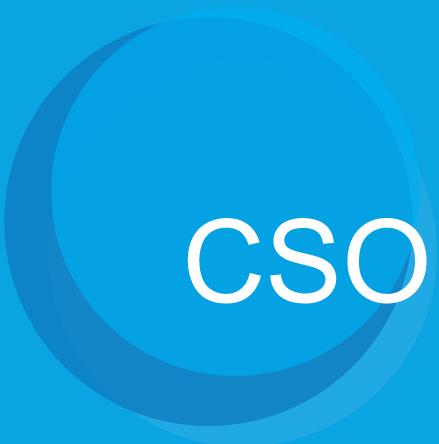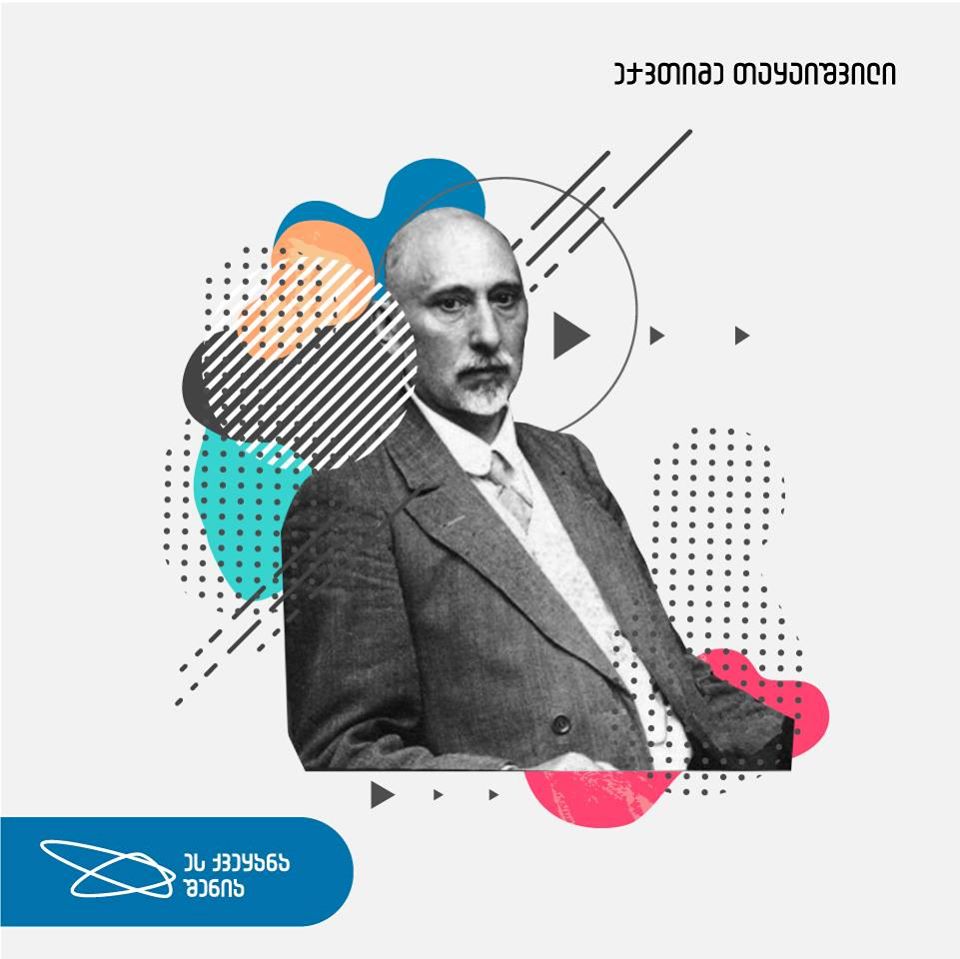Hungarian NGOs Experience
Popular





We have interviewed Balazs Sator - CSO Development and Fundraising Consultant about Hungarian NGOs experience.
Interviewed by Mariam Patatishvili
ON the example of Hungary: how did Hungarian NGOs achieve financial sustainability? How did they find other sources of financing, what methods were used?
Balazs Sator - Answer is complex, traditionally there are many ways of raising funds for NGOs. There was very supportive tax code, that was motivating NGOs to raise money and donors could designate from their taxes certain percent, certain amount for qualifying NGOs. Due to this reasons individual giving, corporate giving was going well for the last 20 years. After the crisis most of such tax benefits were removed.On the other side Hungarian NGOs have also many opportunities to raise funds from the government. Hungarian sector is rather advanced in providing services to the state, to the government and it’s actually a rather competitive market. Obviously there are lots of problem and mistakes now and the crisis is showing that NGOs are not necessarily sustainable, because they are very much dependent on for example on European Union funding, they don’t have enough alternative resources. Answering the question: How Hungarian NGOs manage to become sustainable? They didn't. Most of Hungarian NGOs have financial difficulties, they are suffering. But I think the question is how much the situation is similar or different than the Georgian reality. And I think that what is different is truly, that in Hungary there are existing mechanisms, legal framework, experiences from the past. As far as I understand here in Georgia, you are establishing these mechanisms now, and it will take time to NGOs to learn how and in which field they will be able to progress and raise more money and become more sustainable. So I think it’s a big difference, but in Hungary the situation for the last five-six years was getting worse, and what I feel, in Georgia the situation is getting much better than it used to be. Good luck with all of your tries.
The big countries have a large market and more opportunities. It’s very interesting to know about small countries experience. What kind of foreign practice may existing civil society organizations use in Georgia?
Balazs Sator - I think it’s interesting to look at Western experience, also at Eastern experience. Now you are in front of introducing the system where the state is subcontracting services to NGOs. In this aspect, in any country there is a model which is interesting for Georgia. For example in Hungary there is an experience with the system of normative support: if you are applying to provide the service that state should provide; you are complying the standards set by the state, practically you are starting a service and are getting reimbursed on a normative basis a fix fee for each person you are helping. This is an interesting model. Another model in Czech Republic: they are testing kind of voucher system; if you are disabled person and you are entitled to receive certain services, you as a customer you get voucher and with this voucher you can pay your social service provider, it’s an interesting concept, we don’t know how it will work, but it’s very useful because it brings the market element to service provision.
And in terms of government contracts, it’s interesting to look at Estonia, Croatia or even Hungary.There is a state fund to support NGOs. In all of these three countries they are supporting the operational(running) costs of the NGOs. In general it is rather difficult to raise money for operational costs. It’s always easier to raise for programs but donors often reject paying for the costs of the operation. All of these three funds they do support such costs. I suggest you to look at the preparation process of such funds in Ukraine. They are in between, the law isn’t approved yet but they are in the preparation phase.. so it might be interesting for Georgians to understand and use their experiences. Hopefully in a couple of years you will have a state fund (if this is what the NGOs need) that will help to develop this sector: not individual topics or lobby groups but the sector in general. And again the source of funding can be different, it can be taken from lottery, it can be taken like Hungary from remaining amount of the one percent ( originally it was the money that is not designated by individuals and was staying in the state budget).
Donors play a huge role, but can’t be permanent. When a country is not stable, for example, in Georgia, we had the parliamentary elections, presidential election is coming. So, the economic situation in the country is not stable. Donors wary. How can non-governmental organizations achieve financial sustainability in these conditions?
Balazs Sator - It’s always easier for ones who manage to have good image within society, they are seen important, good and recognized. For such NGOs it’s always easier to lobby, negotiate, apply for funding because society feels it’s also their interest that such NGOs exist, so there is a motivation to support these types of organization. In case of smaller organization it’s a bit difficult because smaller NGOs cannot compete with the systems (marketing, PR, fundraising) of big NGOs. When you are big NGO you have good funding when you are big NGOs, you have people who are dealing with contracts, people who make presentations, communicate with donors to show how good you are. Small NGOs don’t have capacity to do that. So they cannot use the same methods. But it’s not hopeless, because they are more connected to their clients – people they help – so they can tell stories, they know the details and this is important to convince a donor. I think that individual fundraising and corporate fundraising will become much more typical in Georgia than it happens now. You can say that NGOs cannot access your rich people, but you can also say that you just didn’t try enough methods how to find them or how to find other less/not rich but individuals that feel for your cause. NGOs should start to build their own audience (people who likes the NGO, who are interested in what they are doing). After they should think of asking the same supportive audience for donations or regular giving. Maybe they will have evidences that they can start face to face programs or any other fundraising method. It is working in much smaller countries, why it should not work in Georgia. Georgia exports wine, water – and selling it in big volumes. Why not to try to ask a small, truly small percentage from each Nabeghlavi or Borjomi sold for good causes. I don’t know how much bottles they sell but I guess millions of bottles per month. Just one Euro cent would mean a huge income.
I think there are also great elements that can help the growth of fundraising: the cultural heritage and the pride of people here. If you are able to find the donors having these values and you can show them that you are important in culture and history protection, helping the ones in need you will find a way how to get the funding. One million Georgians who live abroad is not a small audience for fund raising. Why not to try to raise from them. They live in countries where might be much more sophisticated philanthropic culture. Everybody knows what NGOs do and again the question is how to find this people, how to catch them, how to get them on events. Offering those opportunities to show how good they are, how proud of their country they are, how they can donate.









